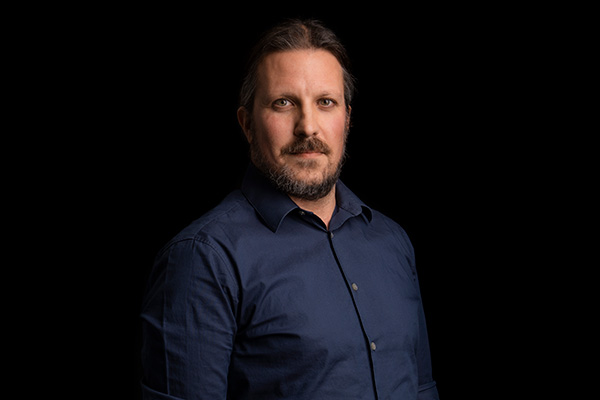Dimitrios Papadopoulos
Research leader

Project title
ACHiLLES: ACtive Human Labeling and LEarning Systems for deeper human-AI collaboration
What is your project about?
The incredible rise in computer vision and in artificial intelligence over the past decade has been propelled by the use of deep learning models and the creation of datasets with multi-million annotated images. The achilles' heel of state-of-the-art models is the need for huge volumes of data manually and passively annotated by humans to provide labels for them. This procedure is one of the most important steps in a machine learning pipeline and is tedious, expensive and susceptible to noise. The goal of the ACHiLLES project is to establish a deeper human-machine collaboration for all stages of the learning pipeline: first, humans will assist machines by providing labels iteratively, and second, the machines will assist humans while they annotate images to actively train humans and to prevent human labeling errors.
How did you become interested in your particular field of research?
I grew up loving math and anything related to numbers since I was a young child. My mother as a mathematician probably played a role in that. I also discovered the art of photography very early in my life, which is my father’s profession, and since then it has become one of my main hobbies. Therefore, it was inevitable that I would fall in love with computer vision which is the field that basically combines images and mathematics. I was very fortunate to discover computer vision in the middle of my undergraduate studies when I worked on my very first vision project. I immediately found it very intriguing and interesting because of the amazing applications and their impact in society. This is the reason I decided to pursue a PhD in this field and continue to work in the same research direction until now.
What are the scientific challenges and perspectives in your project?
The main goal of the ACHiLLES project is to establish a deeper human-machine collaboration for computer vision pipelines where humans and machines will collaborate at all steps of the learning pipeline. The main challenge of this project is that besides the methodological approaches that we will propose, we aim to validate them in practice and show their applicability in real world scenarios. To do this, we plan to go beyond the standard evaluation schemes on simulated experiments and conduct crowdsourcing experiments with real human annotators.
What is your estimate of the impact, which your project may have to society in the long term?
We live in an exciting era for computer vision and artificial intelligence in general with great applications and amazing breakthroughs. Nowadays, we build supervised deep learning models that we apply to solve several problems in our society ranging from understanding scenes to building cars that can drive autonomously to having applications in remote sensing that can help us deal with several environmental issues like climate change or recycling. I expect that the ACHiLLES project will go beyond computer vision in the long term and will help solve a major issue of the state-of-the-art models which is the expensive and error-prone labeling procedure.
Which impact do you expect the Sapere Aude programme will have on your career as a researcher?
It is a great honor to receive the Sapere Aude grant. The grant will give me a unique opportunity to establish my research group in Denmark and conduct research at the highest level in computer vision. I am looking forward to continuing growing as a researcher and research leader and strengthening my international network. Sapere Aude will enable me to continue my research directions and apply for other Danish and European funding schemes in the future.
Background and personal life
I come from Greece and I grew up there. After my master studies, I moved abroad to pursue my PhD and so far I have lived in several countries including the UK, Switzerland, the USA and of course Denmark. I love traveling, hanging out with friends, playing games and chess. During the winter I like skiing and during the summer I like spending some time every year on beautiful and isolated places and beaches in Greece without laptop, mobile phone or internet access.
View all research leaders here
Research institution
Technical University of Denmark
Research field
Computer Vision
City of your current residence
Lyngby-Taarbæk
High school
1st High School of Kalamaria, Thessaloniki, Greece
